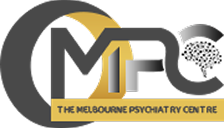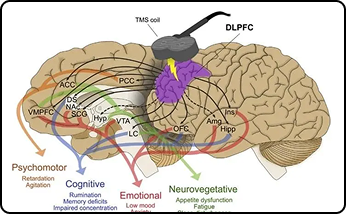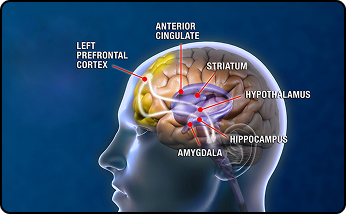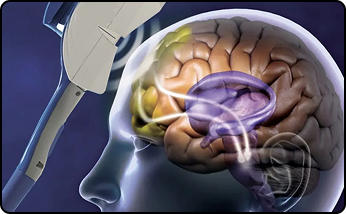Transcranial Magnetic Stimulation (TMS)
- At the Melbourne Psychiatry Centre in Brighton, we offer a seamless access to expert care to improve outcomes that you desire. We offer psychiatry solutions at this stage and aim to incorporate allied health and psychology care in the near future. We serve the bayside and surrounding areas.
- At MPC, you can expect a compassionate approach from the time a referral is received from your GP. Our staff will assist you to book in for your initial appointment and will be there to support your journey of personal recovery.
- We understand that it can be diff icult to ask for help when your mental health is not in good shape. We will welcome you and maintain a kind approach throughout your care. We understand the complexity around mental health diagnosis, treatment and prevention. We will share this with you on an individual basis so that you know what works for you.


.svg)
.svg)
%20(1).png)












.png)
.png)
.png)